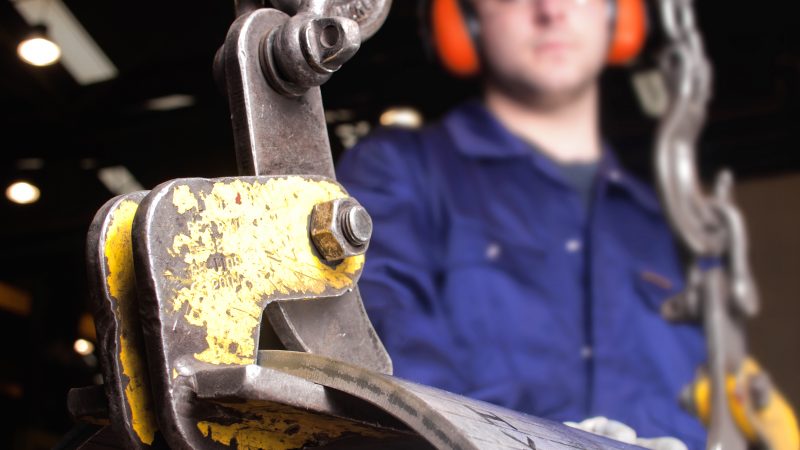
The July general election result was extraordinary in many ways, not least because of the stark divide in the votes of graduates and non-graduates. Labour ate up votes amongst those with a university degree, defeating the Conservatives by 42 points to 18.
But the Tories did slightly better than Labour amongst those with GCSEs or lower (31 vs 28). And if Reform hadn’t stood, that gap might have been wider, as 23% opted for Reform this time around.
With a 411 majority, its tempting to bank the wins. But in the longer term, and certainly by the time of the next election, Labour would do well to pay attention to how the party can improve its position amongst non-graduates.
It need only look across the Atlantic to the long-standing electoral challenges the Democrats have had in achieving a sustainable coalition, to see why it makes sense to focus now on closing the gap with non-graduates. And there are social consequences of a widening gap between those with a higher education degree and those without.
It means it is much more difficult to build bridges between different groups, and conversely, easier to fuel division between them, which is exactly the kind of environment that works against the kind of positive societal and political change we believe will strengthen our country.
Growing political gaps
So there are lots of good reasons why we should pay attention now to the political gap between those with degrees and without; and set our sights on becoming a party for non-graduates as well as graduates. It’s in Labour’s political interests, but it’s also in our social interests, too.
To do this means reflecting the views and voices of non-graduates in Labour’s political priorities. The creation of a new body, Skills England, to provide opportunities for all learners, is a great start. The Prime Minister announcing new foundation apprenticeships in his party conference speech signals the significance the top team put on improving the prospects of all young people.
READ MORE: ‘Affordable universal benefits are still possible – just look at Wales’
A new report published today by the Progressive Policy Institute, the US-based think tank whose project on the political renewal of the global centre-left I direct, shows ways Labour can win for working Britain.
Remarkably, Labour has turned around the historic trend which saw working-class voters turn away from the party at the previous election. This deserves to be celebrated and learned from.
But the margin Labour won working-class voters by was much tighter than the margin it won middle-class voters, so it will need to work hard to retain the focus on delivering for working-class voters, particularly those who didn’t go to university but who want opportunities extended for themselves and their families.
How Labour wins again
As part of our work, YouGov asked working-class voters – defined here as those without a university degree and with a household income of less than £40,000 – what policies they most favoured on work and the economy.
The most popular policy choice amongst British working-class voters of those we polled was to provide more affordable non-degree pathways, such as short-term training programmes that combine work and learning. The most popular action workers wanted employers to take is to offer more well-paid jobs that don’t require degrees.
Recap on all of the news and debate from party conference 2024 by LabourList here.
They saw the trades, and the digital economy, as the areas their children would be most likely to find the best jobs and opportunities in when they grow up.
And two in five said their school education prepared them badly for the world of work, suggesting the government has an opportunity with its curriculum and assessment review led by Professor Becky Francis to get this right for the next generation, as well as for employers.
Ultimately, Labour can win again, and win big, if it delivers on its promise to bring change to the country with a stronger economy and better public services. But the party needs to have the voices and interests of non-graduates represented and delivered upon if it is to secure it, and the country’s, long-term future.
SHARE: If you have anything to share that we should be looking into or publishing about this story – or any other topic involving Labour– contact us (strictly anonymously if you wish) at [email protected].
SUBSCRIBE: Sign up to LabourList’s morning email here for the best briefing on everything Labour, every weekday morning.
DONATE: If you value our work, please donate to become one of our supporters here and help sustain and expand our coverage.
PARTNER: If you or your organisation might be interested in partnering with us on sponsored events or content, email [email protected].




More from LabourList
‘Labour is being badly misled on housing’
Reeves bets on patience over populism
‘Energy efficiency changes must work for older private renters’